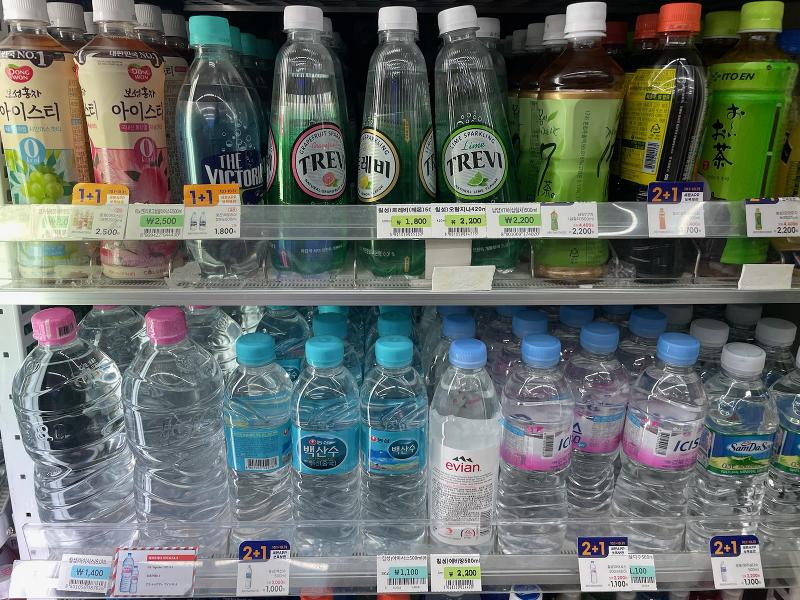
A research team from the Korea Advanced Institute of Science and Technology has produced the raw materials for PET bottles -- benzene, toluene, ethylbenzene and paraxylene -- from bio-based sources instead of petroleum refining. (Kim Seon Ah)
By Kim Seon Ah
A research team from the Korea Advanced Institute of Science and Technology (KAIST) has produced benzene, toluene, ethylbenzene and paraxylene (BTEX), substances that are used to make plastic bottles, from bio-based sources instead of the conventional method of petroleum refining.
This bioprocess has fueled expectations of producing eco-friendly raw materials for plastic that reduce dependency on oil.
KAIST on Oct. 12 said the team led by its professors Lee Sang Yup of the Department of Chemical and Biomolecular Engineering and Han Sunkyu of the Department of Chemistry developed a process to produce BTEX from renewable bio-raw materials such as glucose and glycerol by combining microbial fermentation processes and organic chemical reactions.
The team obtained BTEX by removing oxygen through a chemical reaction triggered through the oxygenation of intermediate materials such as phenol and benzyl alcohol by using glucose and glycerol.
BTEX is a key raw material for things used in daily life such as PET bottles, Styrofoam and nylon but poses an environmental burden because of its need for petroleum refining. The production of plant-based BTEX is also considered difficult because of the complicated chemical structure.
The paper explaining this result was published on Oct. 2 by the U.S.-based Proceedings of the National Academy of Sciences.
sofiakim218@korea.kr